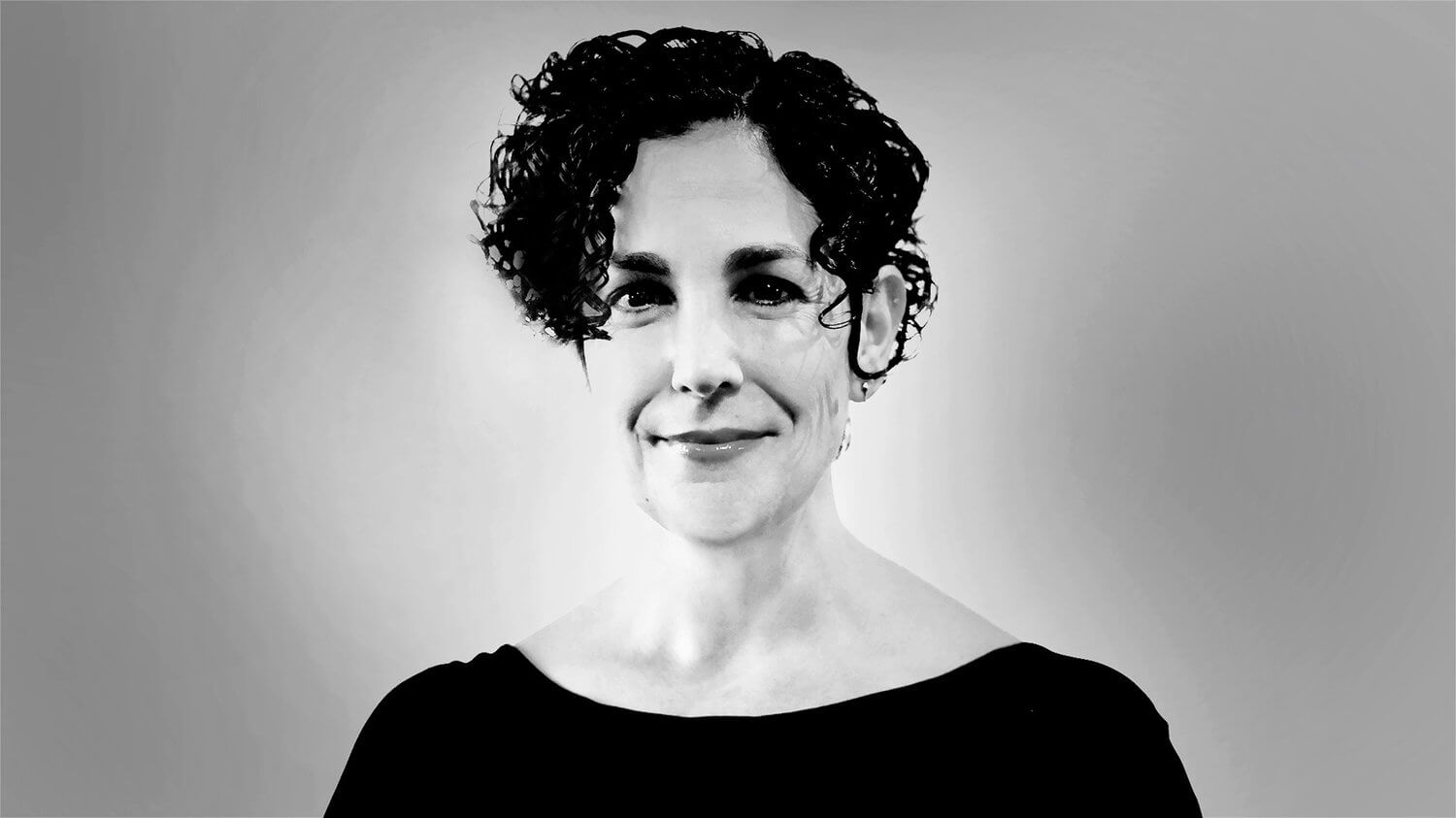Bottom line: Facebook's current political ads policy is broken, and fixing it will require a rethinking of the company's current business model. Lawmakers could also work on regulation that forces big social platforms to prioritize truth over money.

When Jack Dorsey announced that Twitter will ban all political ads, some viewed the move as ineffective but otherwise affordable, considering the company made less than $3 million in revenue for political ads that ran during the 2018 midterm elections. Facebook CEO Mark Zuckerberg fiercely defended his company's decision to skip the fact-checking when it comes to political discourse. At the opposite pole, Google has remained silent on the matter, even as its advertising empire benefits client organizations like the Trump Make America Great Again Committee.
Recently, Yaël Eisenstat wrote an op-ed on the Washington Post where she explained that Facebook in particular is in the business of spreading information like wildfire, something that runs contrary to its ideals of free speech and political neutrality. She joined the company in June 2018 as head of global integrity operations and left six months later.
During those six months, Eisenstat wanted to use the skills she learned as a diplomat and White House adviser to help Facebook navigate the waters of political discourse without damaging democracy in the process. After more than a year, the company looks like it lost control of its platform and is looking to profit from the way lies are amplified on it and then aimed precisely at the groups of people that will have the highest chance of engaging with them.
Zuckerberg previously said he was proud of how his team addressed Facebook's many woes. While Eisenstat agrees with him that the company shouldn't place an outright ban on political advertising like Twitter, it could suspend it until it has figured how to be more transparent about its targeting practices. A simple reason for this is that banning political ads on a big social platform hurts smaller parties and candidates and favors those that already have access to traditional media.
Her opinion echoes the dissent of hundreds of Facebook employees that have asked for an honest discussion that could steer the company in the right direction. She noted that while Facebook does verify the identity of advertisers who want to run political ads before taking their money, it runs the risk of creating a false image of credibility.
Eisenstat tried to push for a policy change but she and her team were met with resistance and accused of "creating confusion." Apparently, the solutions they were building would have run a high cost because they needed to be adapted to a lot of different local realities. The company wanted a cheap and scalable solution that wouldn't have a big effect on the bottom line.
This adds to mounting pressures for Facebook to be broken up into smaller companies and telling regulators about the way it achieved its current power in the social media space. The company could stay out of politics, but that would require changes that are unlikely to be started from the inside. Eisenstat called for regulation "to deal directly with the incentives and business models of these platforms and the societal harms they are causing."
https://www.techspot.com/news/82636-former-facebook-executive-company-cant-stay-out-politics.html